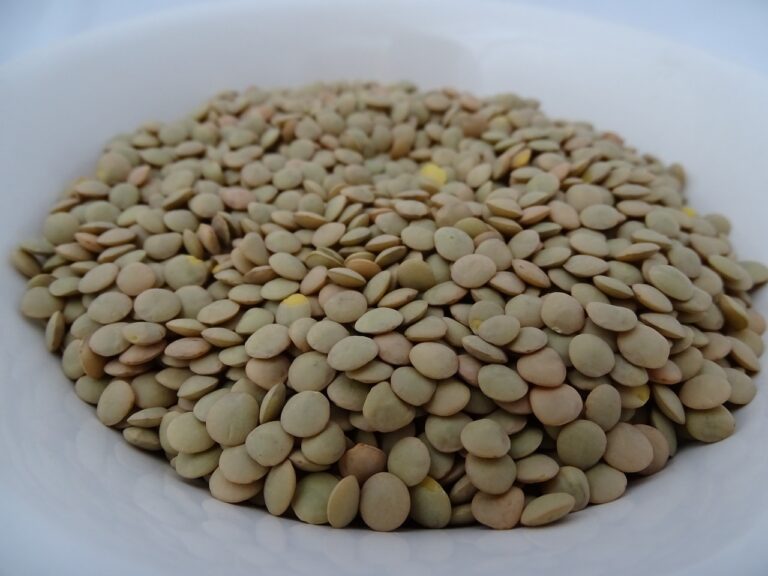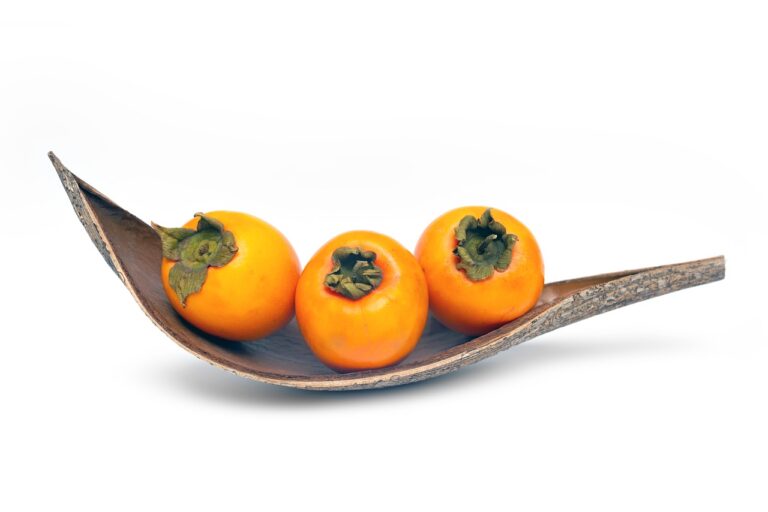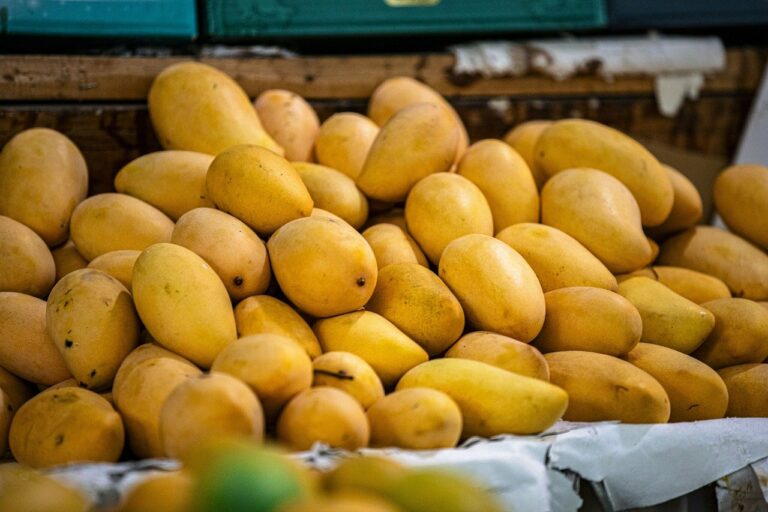Dairy Processing: Exploring Opportunities in Small-Scale Dairy Cooperatives
99 exchange login password, laser 247 sign up, yolo 247:Dairy processing has long been a thriving industry, providing consumers with a wide range of products such as milk, cheese, yogurt, and butter. While large-scale dairy processing plants dominate the market, there is a growing interest in exploring opportunities in small-scale dairy cooperatives. These cooperatives offer a unique business model that focuses on collaboration, sustainability, and community engagement.
Small-scale dairy cooperatives are typically made up of local dairy farmers who come together to process and market their products collectively. By pooling their resources and expertise, these cooperatives can benefit from economies of scale and access markets that would otherwise be out of reach for individual farmers.
One of the key advantages of small-scale dairy cooperatives is the strong sense of community and shared values that underpin their operations. Unlike large corporations, which often prioritize profits above all else, cooperatives are driven by the needs and interests of their members. This can result in a more sustainable and ethical approach to dairy processing, with a focus on animal welfare, environmental stewardship, and fair pricing for both producers and consumers.
Another benefit of small-scale dairy cooperatives is their ability to adapt quickly to changing market conditions and consumer preferences. Because they are nimble and decentralized, cooperatives can experiment with new products, packaging, and marketing strategies without the bureaucratic red tape that often hinders innovation in larger companies.
Furthermore, small-scale dairy cooperatives can help revitalize rural economies by providing a stable income for local farmers and creating jobs in processing, distribution, and retail. By keeping production and profits within the community, cooperatives can help strengthen the social fabric and promote economic resilience in rural areas.
As consumers become more conscious of where their food comes from and how it is produced, there is a growing demand for locally sourced, sustainable dairy products. Small-scale dairy cooperatives are well positioned to meet this demand, offering transparent supply chains, high-quality products, and a direct connection to the people who produce their food.
In conclusion, small-scale dairy cooperatives present a promising opportunity for dairy farmers looking to build a more sustainable and community-focused business. By working together, farmers can overcome the challenges of scale, competition, and market access, while also promoting values of cooperation, equity, and environmental stewardship.
—
**Key Benefits of Small-Scale Dairy Cooperatives**
**1. Collaborative Production**
Small-scale dairy cooperatives allow farmers to pool their resources and expertise, enabling them to produce high-quality dairy products more efficiently than they could on their own.
**2. Sustainable Practices**
Cooperatives often prioritize sustainability, with a focus on animal welfare, environmental stewardship, and fair pricing for both producers and consumers.
**3. Community Engagement**
By keeping production and profits within the community, cooperatives help support local economies and strengthen social ties.
**4. Innovation and Adaptability**
Cooperatives can quickly adapt to changing market conditions and consumer preferences, allowing them to experiment with new products and marketing strategies.
**5. Transparency and Traceability**
Cooperatives offer transparent supply chains and a direct connection to the farmers who produce their food, which is increasingly important to consumers.
**6. Economic Resilience**
Cooperatives provide a stable income for local farmers and create jobs in processing, distribution, and retail, helping to bolster rural economies.
—
**FAQs**
**Q: How are small-scale dairy cooperatives different from large-scale dairy processing plants?**
A: Small-scale dairy cooperatives are typically made up of local farmers who work together to process and market their products collectively, whereas large-scale plants are often run by corporations with a focus on profit maximization.
**Q: Are small-scale dairy cooperatives financially viable?**
A: While starting a cooperative can require upfront investment and planning, many have found success by focusing on niche markets, sustainable practices, and community support.
**Q: How can consumers support small-scale dairy cooperatives?**
A: By choosing locally sourced dairy products, consumers can help support small-scale cooperatives and contribute to more sustainable and ethical food systems.







